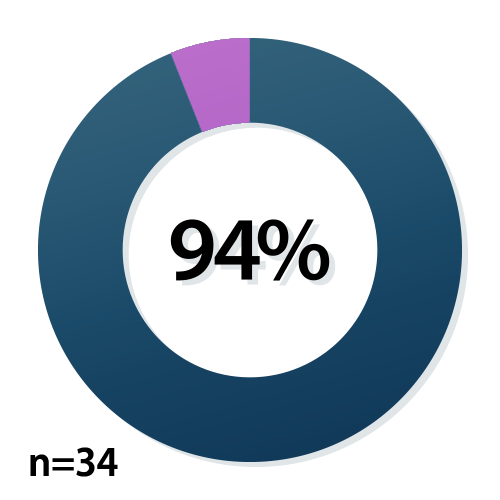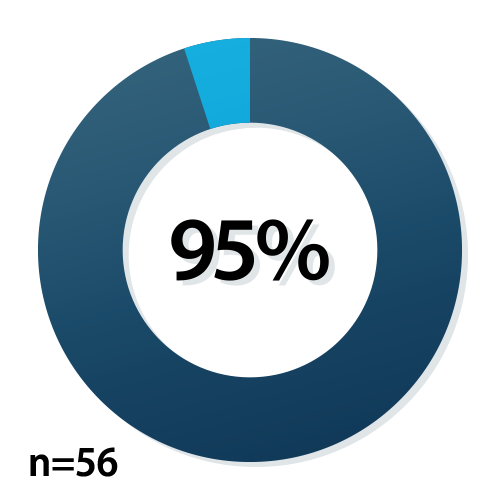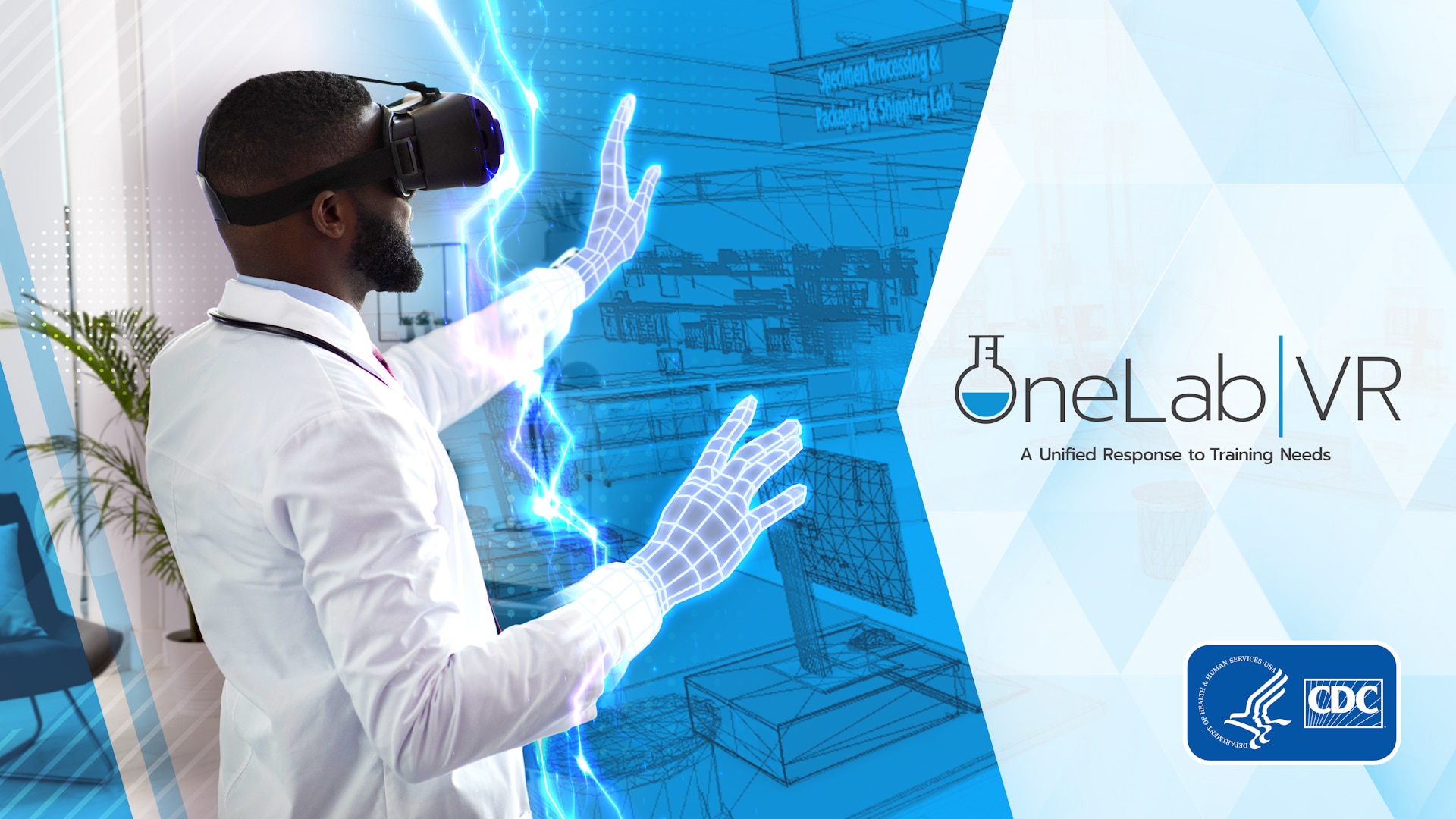Virtual Reality Laboratory Training
Public health emergencies demand the availability of diverse and effective distance-based education and training options for public health and clinical laboratory professionals. To keep pace with the evolving training needs, DLS has blended innovative technology and instructional design principles by adding Virtual Reality, or VR, to its laboratory training and workforce development toolbox.
VR offers laboratory professionals the opportunity to apply, assess, and improve their skills in a safe and controlled learning environment. In other words, VR simulations allow learners to make costly mistakes while learning new skills with no real-world consequences.
In 2019, DLS launched a three-year pilot project, in partnership with the Center for Preparedness and Response to
- Develop the first-ever CDC VR Laboratory training course
- Investigate if laboratory learners gain skills in addition to gaining knowledge when experiencing CDC VR training courses
- Identify criteria for training goals and topics that would benefit most from incorporating VR technology to CDC distance-based learning
DLS designed, developed, pilot-tested, and evaluated a VR training course focused on setting up a biological safety cabinet (BSC) to supplement an existing BSC eLearning training course. The VR course was designed for learners to be able to identify the major parts, demonstrate how to maintain positive airflow, demonstrate how to prepare for work, apply safe-work practices, demonstrate how to decontaminate and shutdown, and conduct emergency shutdown procedures of a Class II Biosafety Cabinet, properly set up a biosafety cabinet (also known as a biological safety cabinet, or BSC) in a BSL-2 environment.
DLS pilot-tested this course with 59 CDC staff grouped into two types of learners: those who had experience using a BSC and those who did not. The evaluation results showed that VR training could be an effective training modality to improve learners’ confidence and teach laboratory skills. Pilot-testers left the VR training course with laboratory skills or strong foundations for laboratory skills while keeping all the conveniences of eLearning intact.

94% (n = 34) of pilot-testers with BSC experience agreed that VR technology gave them practical experience using a BSC.

95% (n = 56) of pilot-testers agreed that the inclusion of the VR technology made it easier to learn the content.

95% (n = 56) of pilot-testers agreed that the VR technology was easy to use.

100% (n = 23) of pilot-testers with no BSC experience reported increased confidence using the skills.
Results, feedback, and literature reviews related to the pilot-test will also inform DLS’ future decisions on incorporating VR technology to laboratory training resources. Specifically, DLS will consider the following when determining if use of VR in CDC laboratory training resources is necessary
Training goal entails strengthening of cognitive mental skills, psychomotor skills, and affective skills that require repetition, realism of tactile input, or evoking an emotional response to achieve mastery.
Safety concerns exist in a traditional training situation.
The cost, location, or time convenience of a training will be enhanced.
The training topic is too complex or abstract for traditional learning environments.
CDC is developing VR editions of several existing laboratory training courses.
